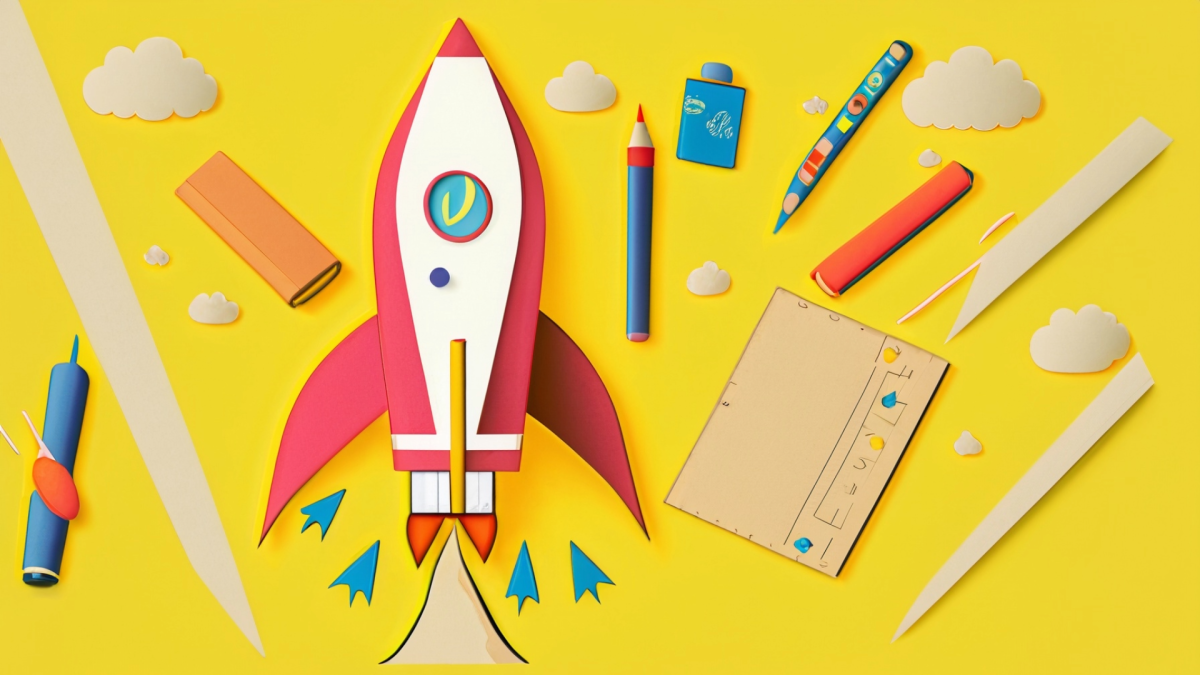Grades:
3rd Grade
This lesson plan integrates science and technology, making coding accessible and fun for 3rd graders. It helps them understand weather patterns while engaging with technology. It aligns with Arizona's
Grades:
3rd Grade
In this engaging 1.5-hour lesson, 3rd-grade students will combine Science, Technology, and English Language Arts (ELA) to create a virtual garden using Code.org. Students will learn the basics of
Grades:
8th Grade
Students will learn about DNA base pairs. As a team they will send a student to read a sequence of DNA/RNA and will have their group duplicate or sequence the complimentary base pair. Students will
Grades:
6th Grade, 7th Grade, 8th Grade
Students learn about leg prosthetics, design a blueprint and engineer a working prosthetic leg.
Grades:
2nd Grade
This is a year long measurement unit. Students will learn about different tools to measure height, discuss and review what they need to grow, and create a growth over time graph for their height. They
Grades:
9th Grade, 10th Grade, 11th Grade
This lesson is designed to uderstand the stages of mitosis by integrating Virtual Reality (VR) in the classroom. The students will be able to identify and describe the key events in each stage of
Grades:
7th Grade, 8th Grade, 9th Grade, 10th Grade, 11th Grade, 12th Grade
This is the fourth lesson in a series of four designed to guide students through the process of designing, implementing, and documenting their own independent STEM research projects. This lesson
Grades:
3rd Grade, 4th Grade, 5th Grade
Students will modify previous versions of their Edison robots to move objects on the Mars map. Students will investigate the idea of a biosphere and use their robots to move supplies to the biosphere
Grades:
3rd Grade, 4th Grade, 5th Grade
Students will practice coding using Ed Blocks. They will use a given map as a target for their robot navigation with precision. The emphasis on this lesson is on making modifications and adjustments
Grades:
9th Grade, 10th Grade, 11th Grade, 12th Grade
Students are guided through the urgency to create large scale plan solutions for climate mitigation and green energy fuel sources. They will then build and design a bioreactor using algae as a
Grades:
7th Grade
This project transforms students into solar power investigators! They'll construct miniature solar power plants (model houses) and test methods to combat dust, a real-world challenge for solar panels
Grades:
2nd Grade
Students will complete a shadow activity where they will learn what happens to shadows throughout the day. They will create a hypothesis, collect observable data, and come to a conclusion about a
Grades:
4th Grade, 5th Grade, 6th Grade
Students will learn about the history of rocketry and the science behind it. They will launch rockets using pressure for propulsion, as well as model rockets with engines.
Grades:
6th Grade, 7th Grade, 8th Grade
In the Drone Light Show project, students will explore the intersection of technology, creativity, and teamwork by designing and programming their own synchronized drone light show. Utilizing DJI
Grades:
6th Grade
Students will work together to create a scale to build the solar system using ratios and proportions.
Grades:
8th Grade, 9th Grade
This is the second part of the lesson: Soap Lab - Soap Making. In this lesson, students will take what they learned about soap making and develop a marketing plan for their company. Students will
Grades:
8th Grade, 9th Grade
In this lesson, the phenomenon of soap making will be used to teach the chemical reactions and physical and chemical properties to middle school students.
Grades:
3rd Grade
The lesson plan addresses the real world problem of forest management that affects the environment and the communities. The students will build awareness of global issues related to natural resources
Grades:
4th Grade, 5th Grade
This lesson integrates mathematics when designing a garden tool. Students will be tasked with building a functional garden tool to use in the school greenhouse.
Grades:
4th Grade
Hike the trail to the Fort Bowie visitor's center and collect data on plants and artifacts you see there. This lesson involves data collection in the field and creative graphing in the classroom.
Grades:
9th Grade
This lesson includes how to prepare and setup for a field trip to Sunset Crater National Monument. It includes helpful hints, activity sheets for students attending, and links to the National Park
Grades:
4th Grade, 5th Grade, 6th Grade, 7th Grade, 8th Grade
Lesson "Phoenix Reimagined: From Sun City to Solar City" ensures that students engage in age-appropriate, hands-on learning experiences that promote understanding of solar energy and its applications
Grades:
7th Grade, 8th Grade, 9th Grade, 10th Grade, 11th Grade, 12th Grade
This lesson is a whole unit on energy. It can be broken up into 10 separate lessons. I chose to put them all together so that it was easier to see how I organized them so you did not have to search
Grades:
4th Grade
Students will come up with and perform an investigation for the phenomenon that dropping a rock into a puddle makes a different reaction than throwing it. Students will drop a ball into a cup or
Featured Lesson Plans
Check out these notable lesson plans.

Featured
Treehouse Design
Grades:
3rd Grade, 4th Grade, 5th Grade
Students will research, design and build a treehouse using the engineering design process. They will practice budgeting by pretending to have $100 to spend by using a supply budget sheet. Students

Featured
Space Case Chapters 1-7
Grades:
3rd Grade, 4th Grade, 5th Grade
This is the 2nd set of 4 lesson plans that correlate with the novel "Space Case" by Stuart Gibbs. This is a literature-inspired project base learning opportunity. The lessons include straw rockets

Featured
Splash of Science
Grades:
7th Grade, 8th Grade, 9th Grade, 10th Grade, 11th Grade, 12th Grade
Students measure the temperature of water as it cools to learn about heat transfer and thermal properties while using line of best fit, linear regressions and/or quadratic regressions.


